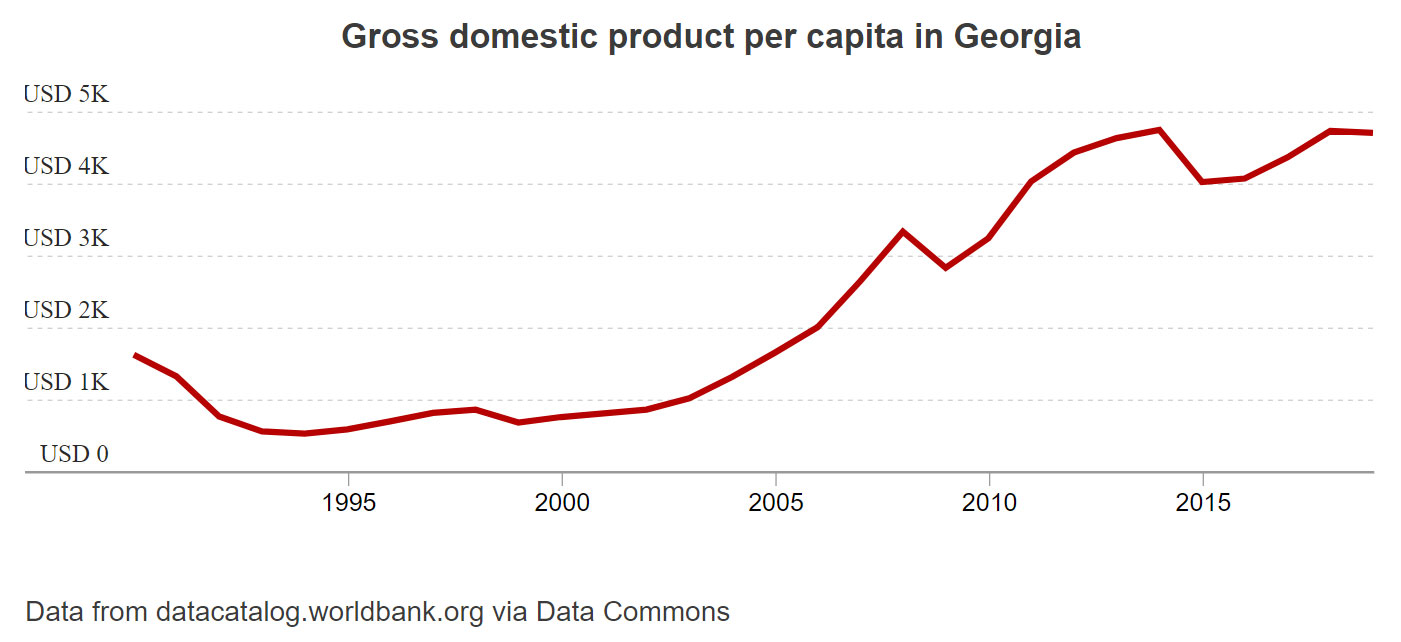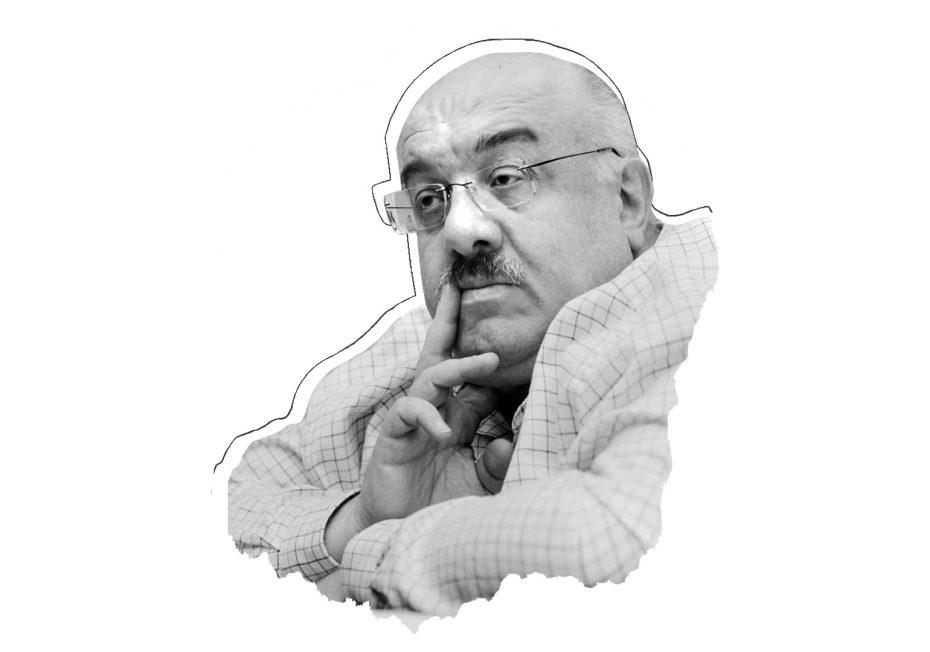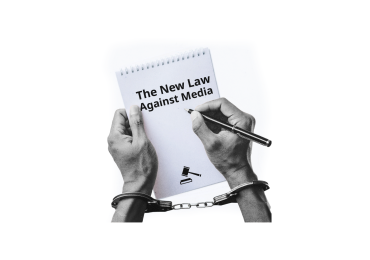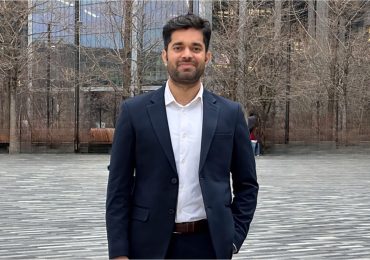01.06.2004 – Top Georgian TV channels broadcast a man with a noticeable appearance descending from a Russian airplane at Tbilisi International Airport. Kakha Bendukidze moves back to Georgia to help the newly established centric government “jump-start” the long-stagnated economy. Some are laughing at his appearance; others speculate whether a Russian ex-businessman and a biologist is capable of doing anything for the economy. But, little do people know that this strange scene has more in common with Neil Armstrong’s first steps on the Moon than a weight-loss TV show. But it won’t be long before this ex-businessman becomes one of the most prominent Georgian economists (a double entendre) and controversial figures of all time.
The liberal deregulation policy after 2003 was initially driven by anti-corruption and a deep-rooted suspicion toward state authorities that traces back to the soviet era. The consequential reforms resulted in a massive decrease in state supervision and radical privatization of economic relations. Consequently, formal rules forfeited their function of mirroring and perpetuating power relations. The low regulatory density and the prevailing dogma of non-intervention contributed to a relocation of the distribution of economic advantages from the formal to the informal sphere. The dynamic of Georgia’s economic environment demonstrated that the introduction of neoliberal reforms was vital in order to preserve not just the majority of businesses but the whole economy and nation’s wellbeing.
The black draft of a new taxing code was presented to society on June 13, 2004. The kinds of taxes here were cut by 50% (from 18 to 9). The taxing rate was cut, and the system – simplified. E.g. A progressive income tax with a rate of 20% dropped to a 12% proportional tax. VAT – cut to 18%. Drastic decrease in Government Bureaucracy (Ministry of economics by 65%; Ministry of agriculture by 80%), abolition of 800 permissions on various economic activities and many more were part of what he called the “quick and dirty” (with a Russian-English accent) plan to bring the half-dead economy of Georgia back to life.
A new code, however, was just a smidge of what Bendukidze had in plan. When the journalist asked: “Will the new tax code incorporate your ideas that are very interesting?” Bendukidze answered: “No, it will not. My ideas are not about what we should do next month but how we should build things in general. We are now drafting a fairly good tax code. My ideas are about how it should be transformed into a tax system of a radically different nature… Georgia is so poor that it has no choice but to implement fundamental reforms.”
Government is at best useless, and at worst counterproductive.
Kakha Bendukidze
Well, some didn’t think likewise: Facing opposition from both within and outside the government, Kakha Bendukidze was unable to fully implement what he had in mind. While the governing party greatly increased its reputation because of his reforms, the populist politicians and ministers started to dislike the detachment from power and decentralization that Bendukidze was talking about. This, along with the “love or hate” reputation, led to Bendukidze’s stepping down from his post in 2008.
Despite the aggressive privatization being one of the primary sources of initial income desperately needed for the new reforms, huge Russian capital poured into Georgian firms and lands, giving the former a solid influence on the Georgian economy, which Russia abused during the Georgia-Russian war in 2008. Even today, many consider this step as one of the main mistakes of the government.
In the first account, Georgian politics was seen as an attempt to actualize the liberal economic theory of von Mises and von Hayek. The extensive deregulation policy and the restriction of the state to only provide for a neutral and minimal regulatory framework were meant to boost the Georgian economy and to leave behind the fate of a region historically known for corruption and red tape. The success of the liberal reforms has been mirrored, inter alia, by the 9th position in the Doing Business Index (Doing Business 2013) or excellent ratings in categories such as labour freedom (3rd), business freedom (16th) or trade freedom (6th) (Heritage Foundation 2013, pp. 219–220). As a result of the continuous improvement of the entrepreneurial environment, the World Bank honoured Georgia as the top global reformer for the past five-year period (2005- 2010) (World Bank 2010). This all and much more was Mr. Kakha Bendukidze’s legacy. In 2007 Georgia had a record-breaking GDP growth rate of 12.579%, one of the top 3 growth rates that year.
These are not just numbers, even with the flaws, the growth was inclusive and affected most of the population, as most of the population was under the poverty line (approx. 53%) and decreased to 34.9% in 2008. Georgians even had a name for the 90s of the 20th century: “The dark nineties”, referring to times when there were approximately 2 hours of electricity a day and no natural gas.
After the 2008 economic crisis, the Georgia-Russian war and Kakha Bendukidze’s stepping down, Georgia’s economy plummeted. Years show that the last was the most damaging of all three devastating occurrences. While other countries’ economies have flourished since 2008, Georgia’s economy began to enter a phase of stagnation, with the GDP growth rate decreasing year-by-year.
However, even after Kakha Bendukidze’s death in 2014, many are inspired by the courage, determination and persistence with which this man proved to the whole world that the poorest country in 1994 could become one of the most reformed and fastest-growing at the beginning of 21st century. While Russian propaganda and Georgian corrupt, fake-leftist parties are doing their best to rewrite history and change the perception of the public, statistics and data are what leave them weaponless. What is more, the impact that Mr. Bendukidze has made is evident not just in the formal documents but in the society and youth: Kakha Bendukidze invested tens of millions of dollars in “Free University”, which, to this day, is the best-performing university in the whole of Georgia educating thousands of open-minded young individuals who will forever respect and remember what this man indeed did.
The statistics make it all evident: according to ISFED (International Society for Fair Elections and Democracy) research conducted in September of 2021, about 70% of all respondents aged 18-25 voted for a libertarian party.
The economic growth, mental transformation and inspiration of the young generation are all Mr. Kakha Bendukidze’s bequests, and his fire of freedom is still burning in the hearts of many, especially the young generation.

David is GZAAT Graduate and a sophomore at Bocconi University in Milan, Italy.

















